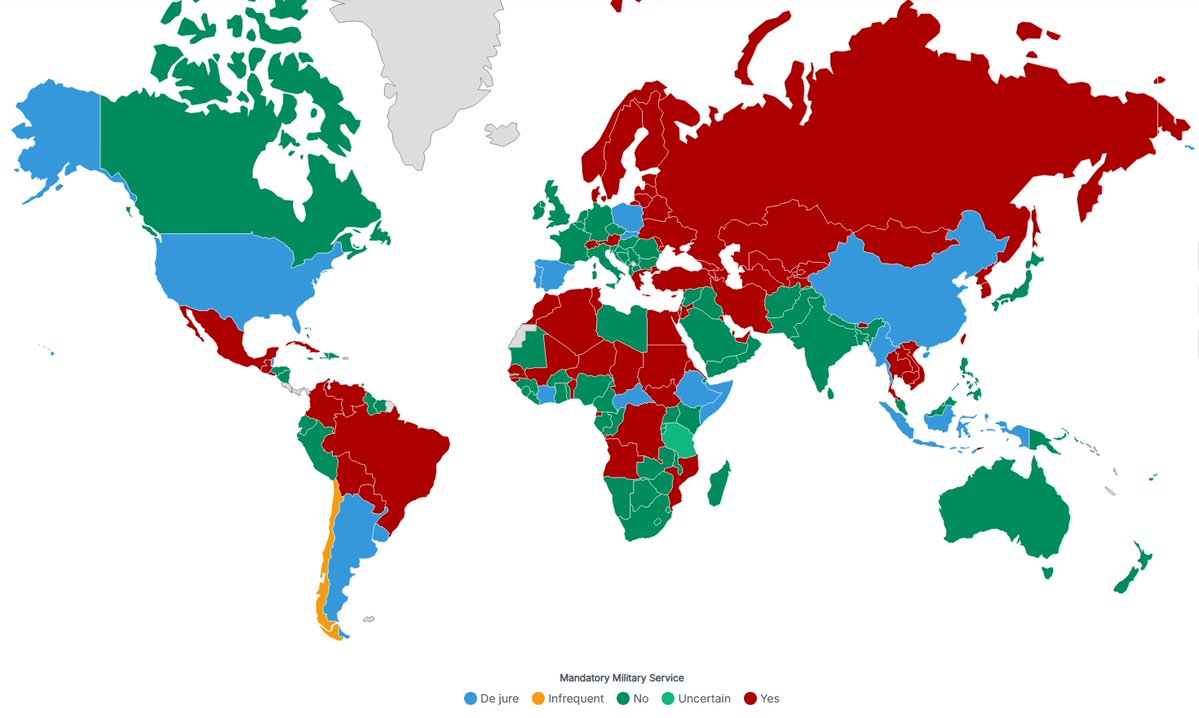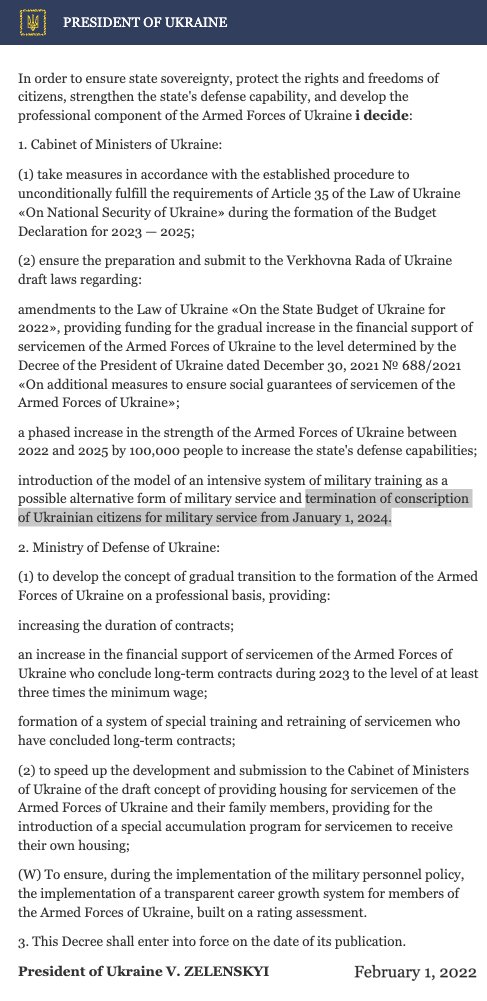In today’s Vatnik Soup, I’m going to talk about Europe’s information defense against foreign influence operations & disinformation.
The EU can’t rely anymore on America’s help in geopolitical struggles, and it’s time we created a united front against information threats.
1/24
The EU can’t rely anymore on America’s help in geopolitical struggles, and it’s time we created a united front against information threats.
1/24

Recent news coming from the US should be the final wake-up call for European decision-makers. Recently, Trump’s rhetoric has been openly pro-Kremlin and both anti-Ukraine & anti-EU, and at the same time the US is dismantling all institutions fighting against disinformation.
2/24
2/24

So far, the Trump administration has put staffers working on disinformation as well as a team of election security advisers at the Department of Homeland Security’s Cybersecurity and Infrastructure Security Agency (CISA) on administrative leave.
3/24
3/24

In addition, the FBI task force to combat foreign influence campaigns in US politics by Russia, China and other countries was dismantled. The Trump administration also disbanded a task force focusing on enforcing sanctions and targeting oligarchs close to the Kremlin.
4/24

4/24

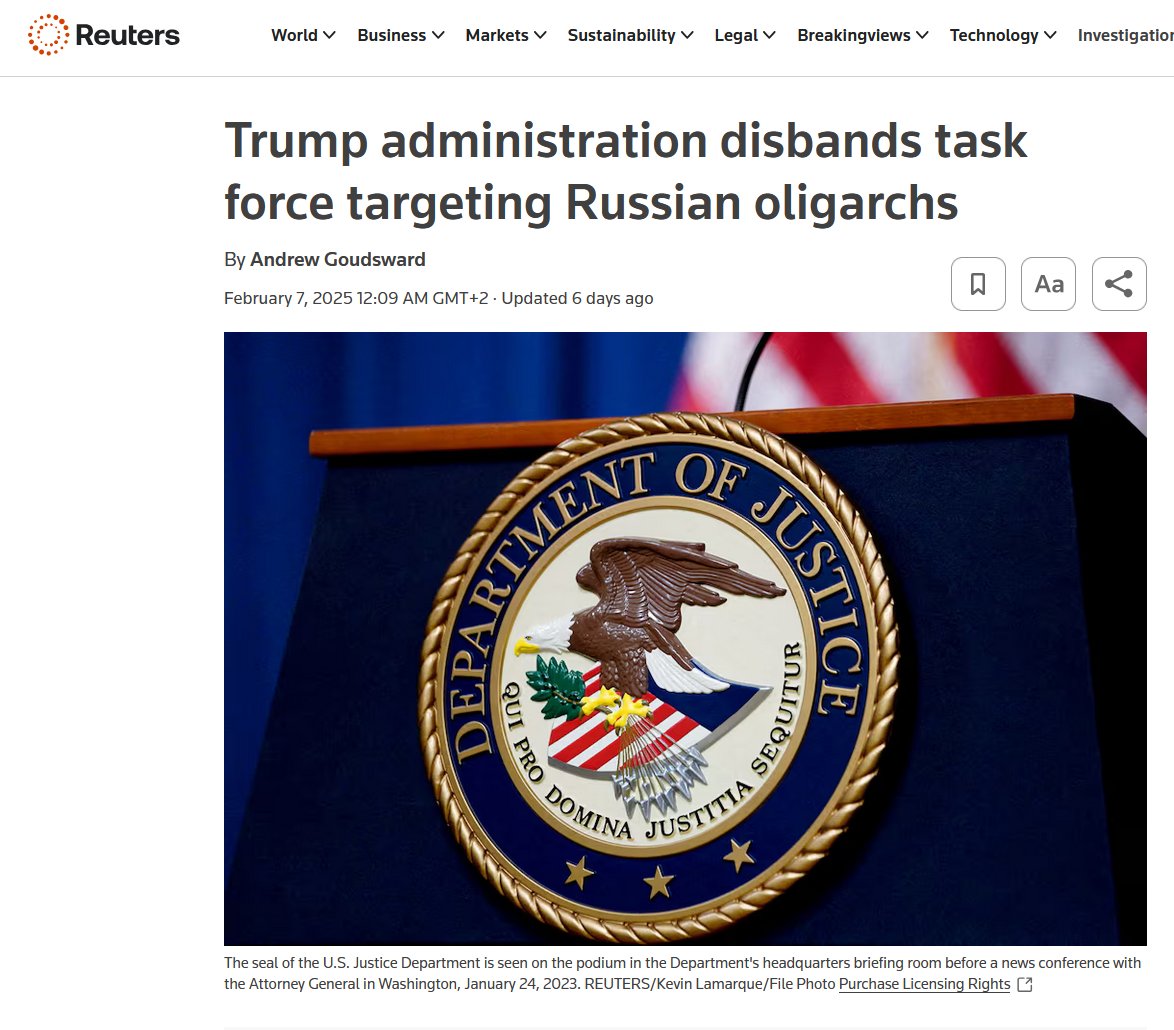
To make things worse, Trump’s cabinet nominations, especially Tulsi Gabbard and Kash Patel, should sound alarm bells and questions whether the EU should be sharing intelligence with the US any longer.
We need to protect our own information space.
5/24

We need to protect our own information space.
5/24

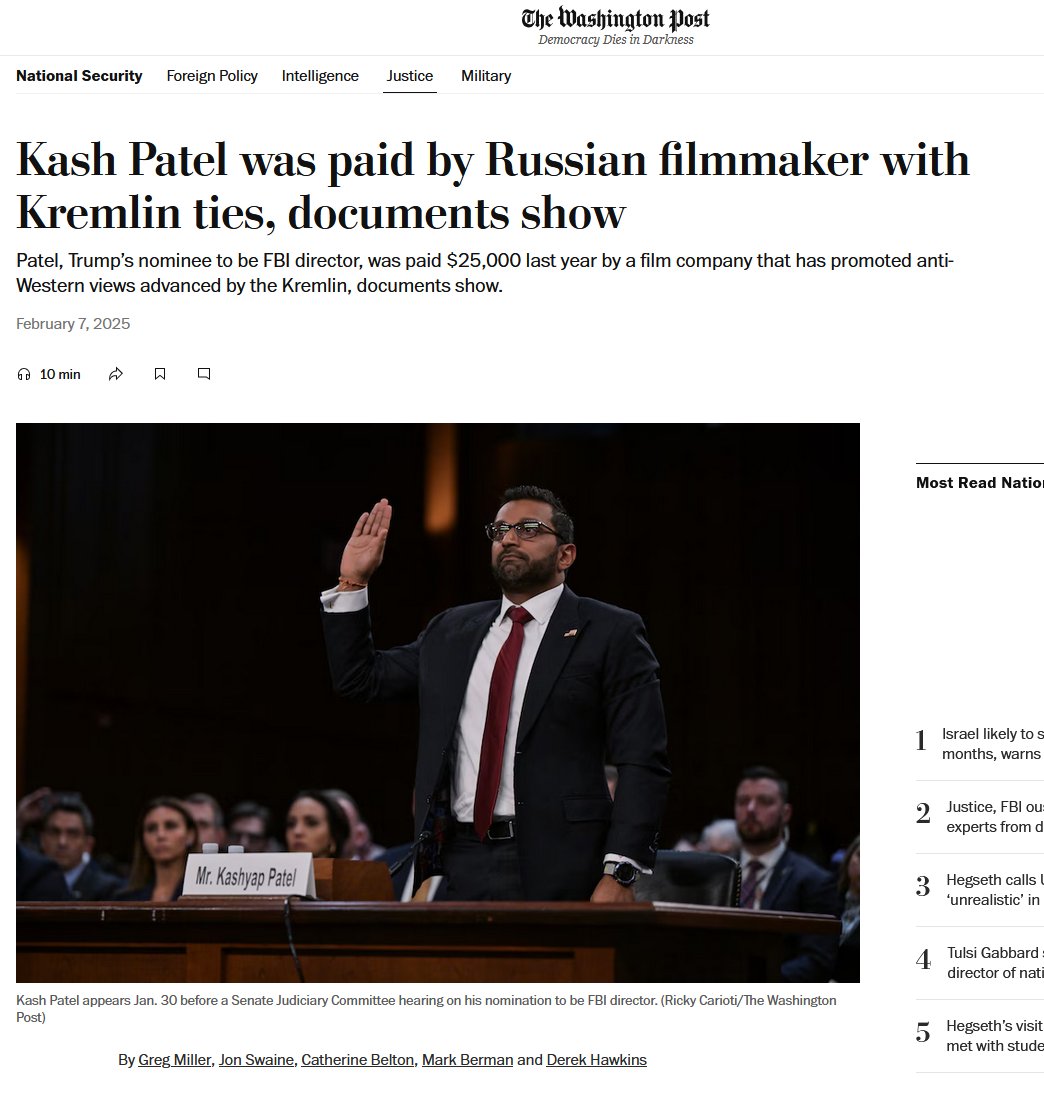
Today, the EU’s main adversary in the information war is, of course, Russia. The Kremlin has been waging this war against the West at least since 2013, and since then, the EU has been outsmarted and outresourced by it. In other words, they’ve won, and we’ve lost.
6/24
6/24
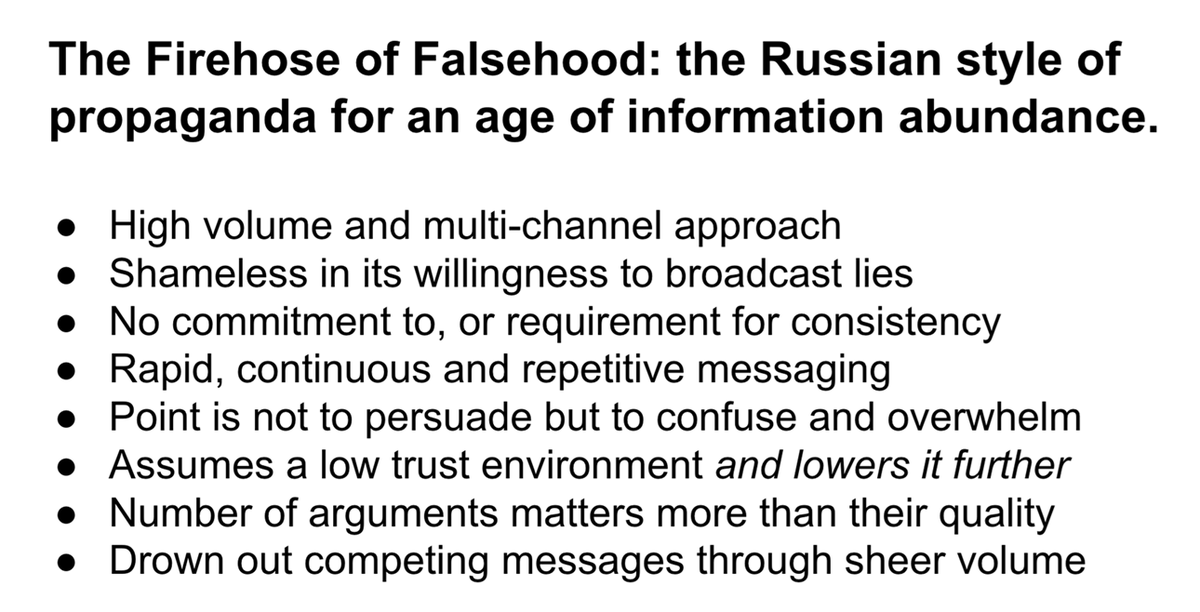
Russia’s scope alone on these operations is staggering - according to Jeangène Vilmer et al. (2018), Russia was responsible for 80% of “information aggression” in Europe. At the same time, it’s a war of asymmetry: they lie, and we desperately try to debunk their bullshit.
7/24
7/24

The Kremlin spends around 2 billion EUR annually on national mass media, and it is estimated that they spend much more on malign influence operations & disinformation abroad. Russia is a disinformation superpower and one of the few nations that truly understand its power.
8/24


8/24

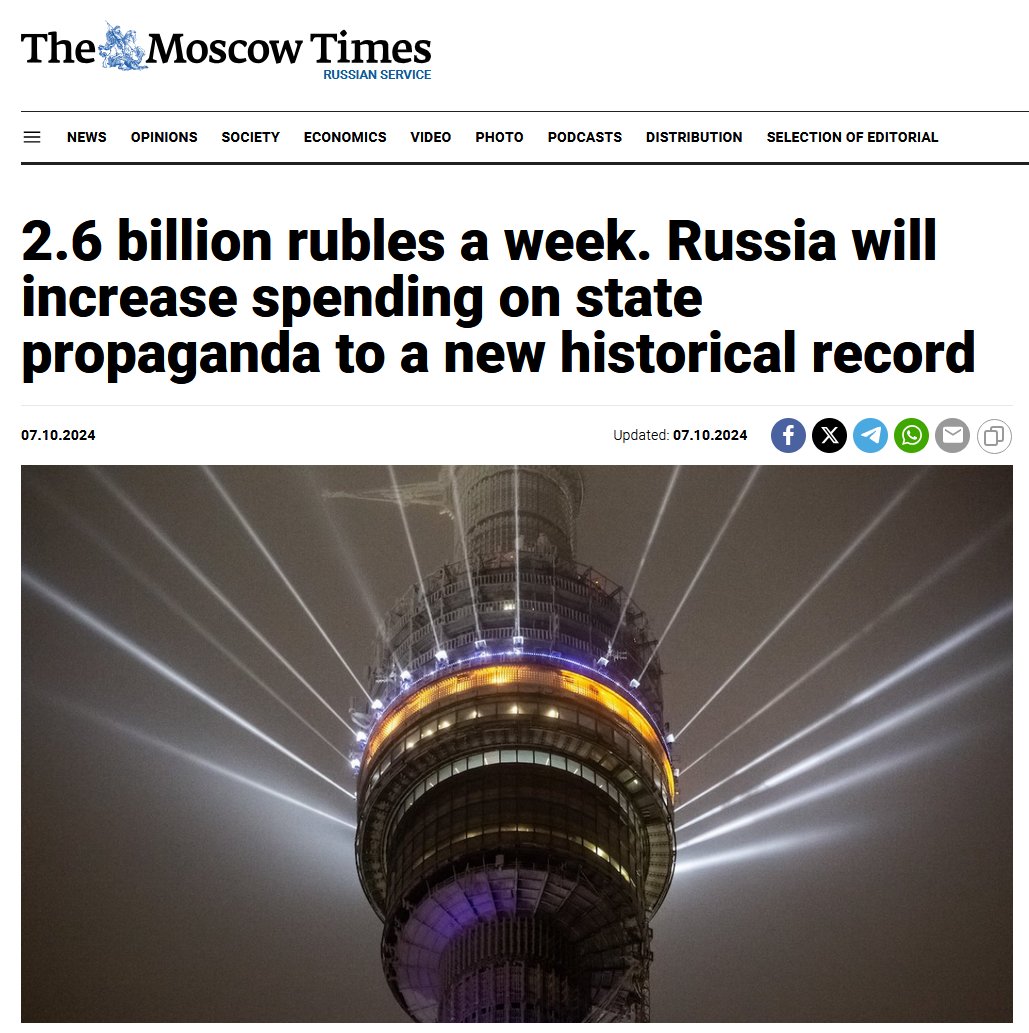

And the EU? It’s very difficult to estimate how much is spent on fighting disinformation in the EU, since each country has their own efforts to counter it. In addition to these spendings, the EU spends roughly 25 million EUR annually on EU-wide projects.
9/24
9/24
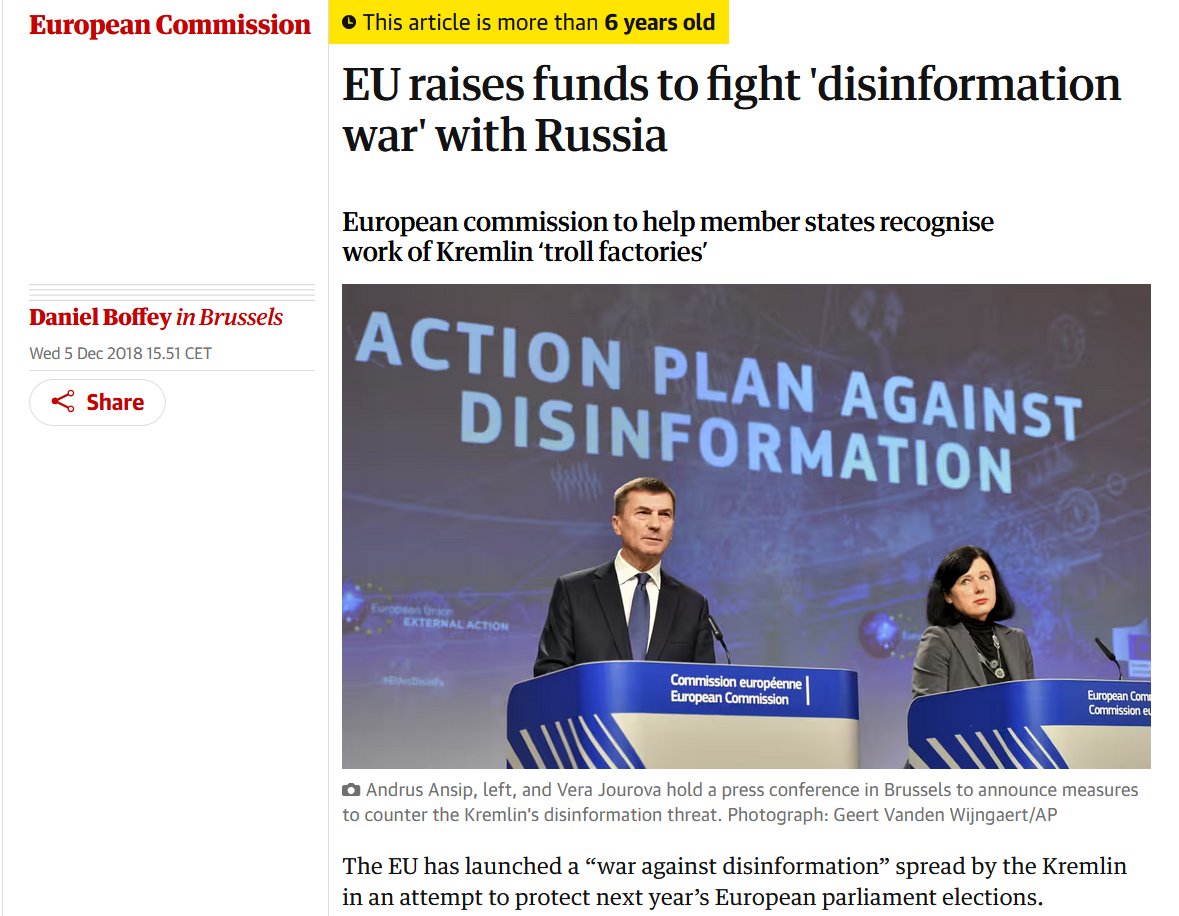
Just going by these numbers it is very easy to see that we are being overwhelmed by Russia and our efforts against their massive campaigns seem almost futile. The EU simply doesn’t have the volume or the resources to fight against all this.
10/24
10/24

Fighting online disinformation is extremely challenging, as even when one discovers these networks and exposes them, they usually just continue business as usual, adapt and change strategies and often even grow to become much bigger than before.
11/24

11/24
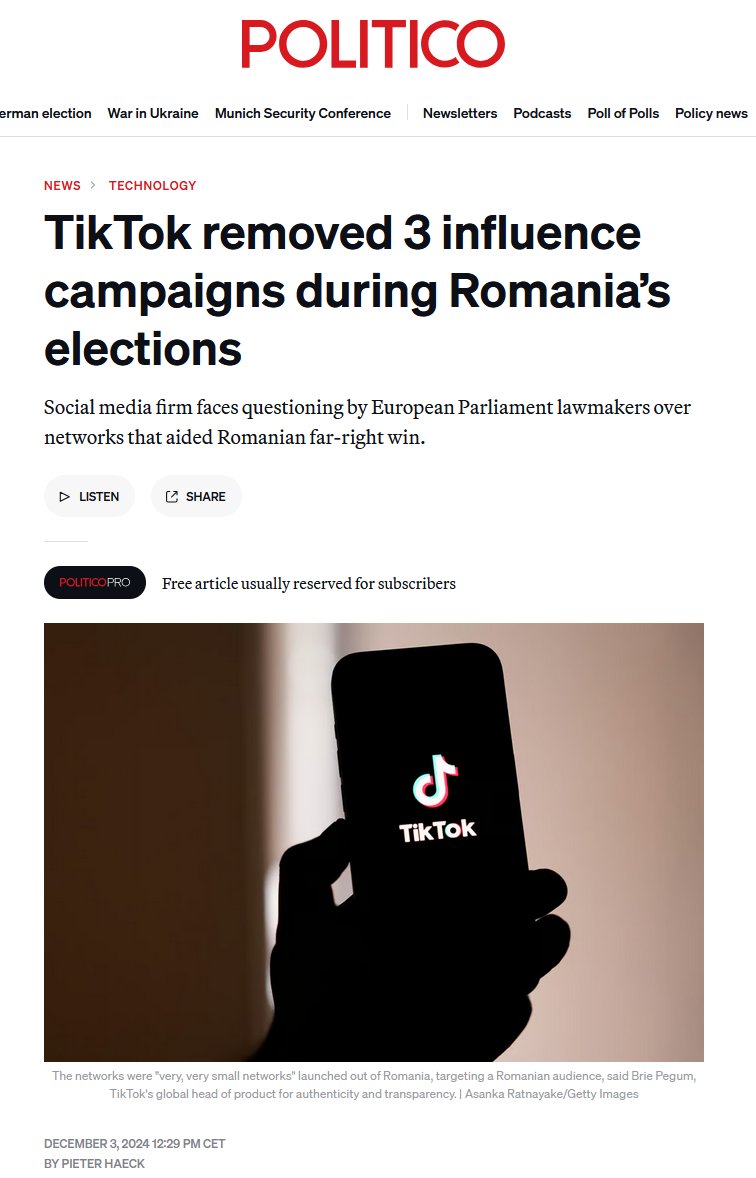
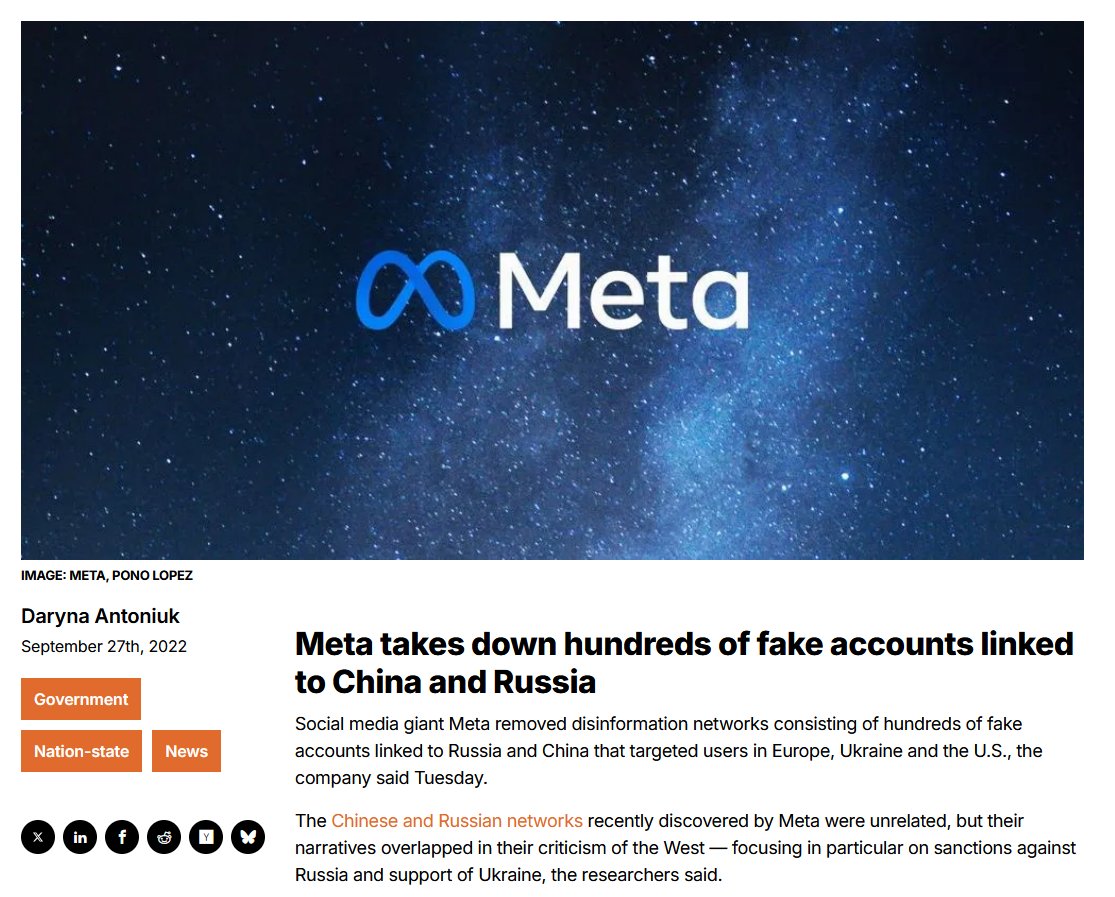
For example, the famous Russian operation “Doppelgänger” has resurfaced and is currently creating massive disinformation campaigns around the German elections. So-called “social media superspreaders”, including Tim Pool, Benny Johnson and Dave Rubin, from the…
12/24

12/24
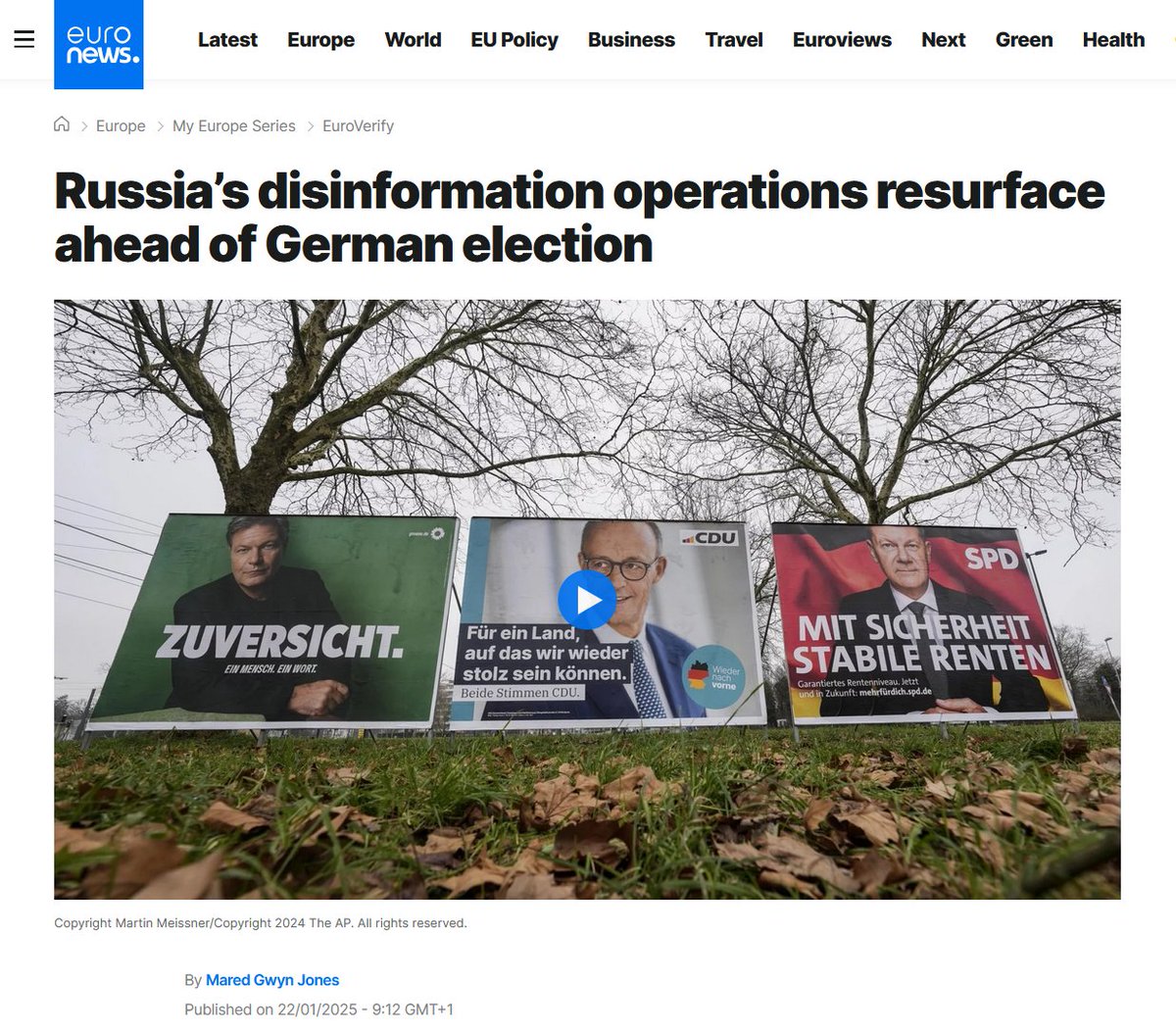
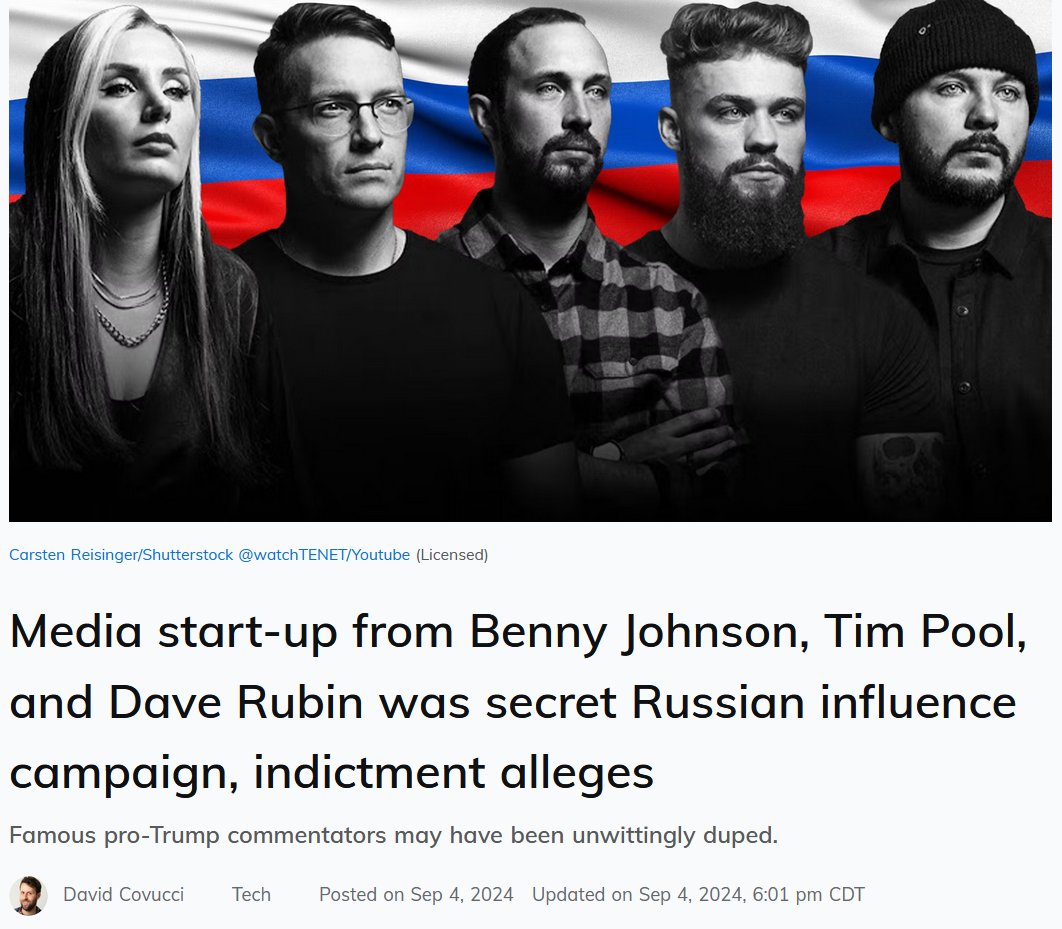
…Tenet Media case have grown their social media presence on all platforms massively despite having been exposed to be paid by the Kremlin. In the current information space, being exposed as a liar and cheat is actually GOOD for you and just gives you even more exposure.
13/24

13/24


And that’s not all! In the most strangest turn of events, we are now also fighting against American bullshit over the ownership of Greenland and “annexation” of Canada. In addition, the MAGA network has been spreading Moscow’s narratives for years now.
14/24

14/24
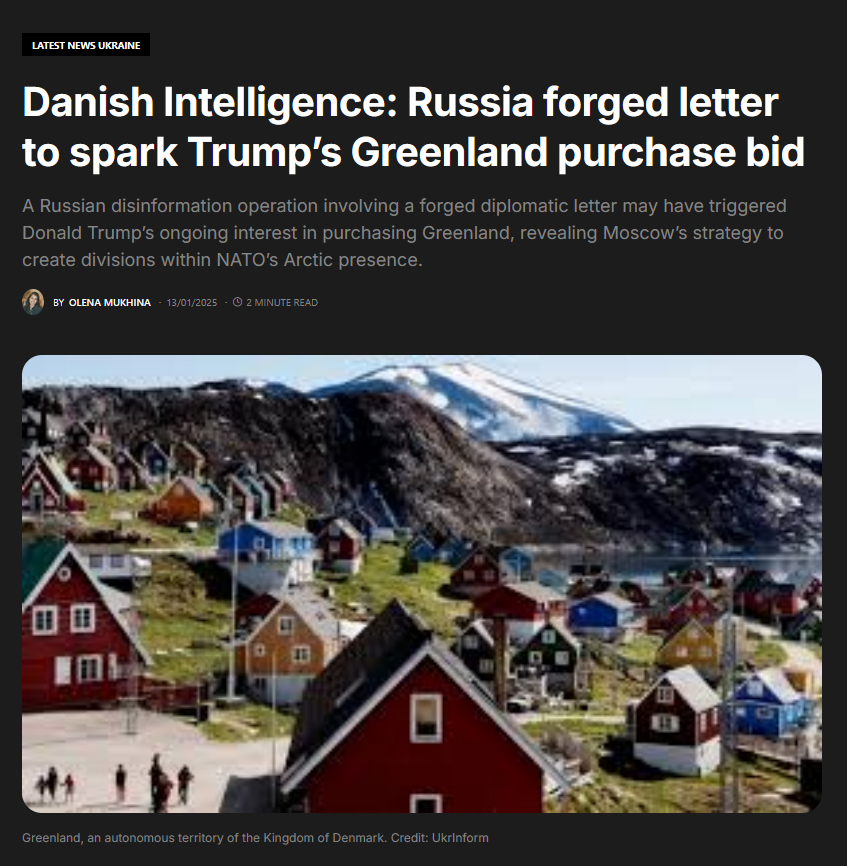
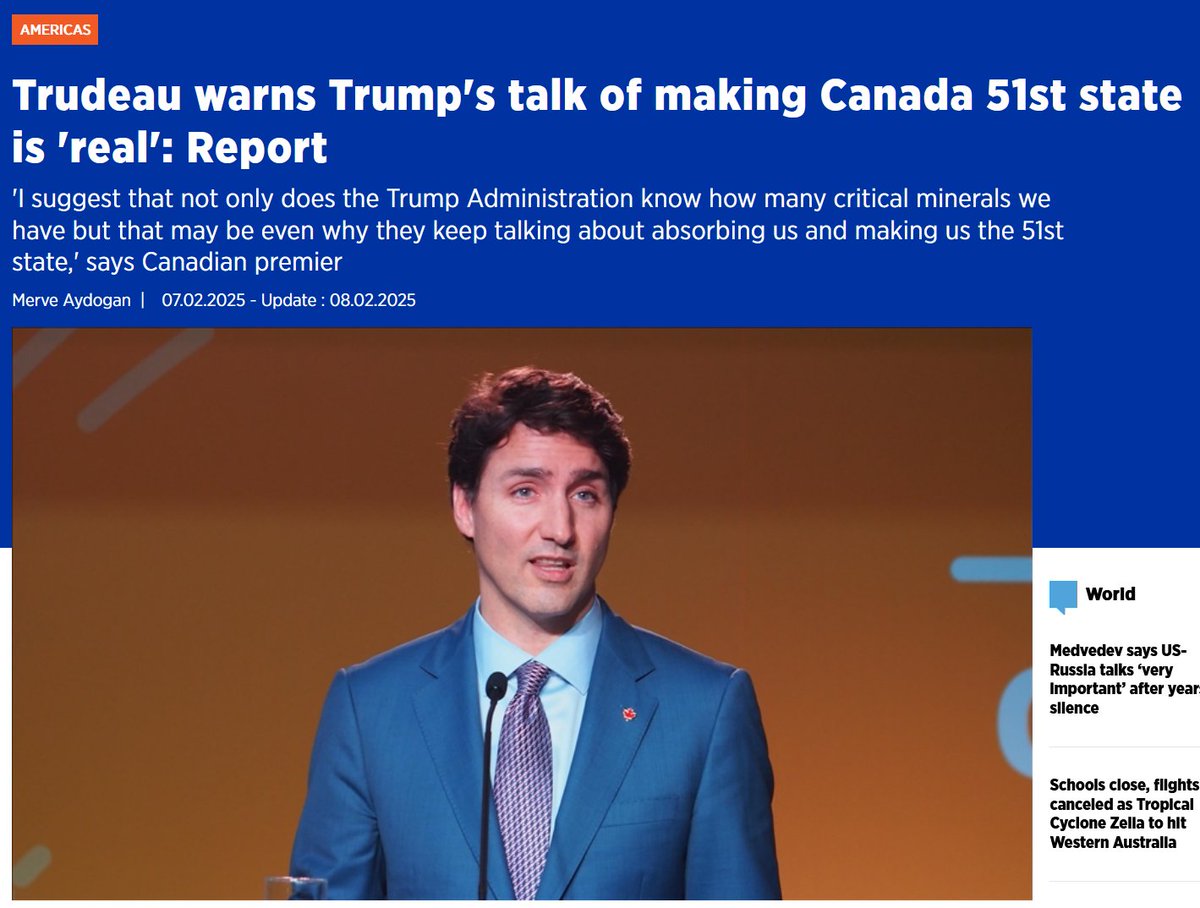
So,what can be done? In the short-term, the EU can focus on a few things: putting resources in pre-bunking (exposing campaigns before they take place),exposing influence networks, or censorship. Many EU countries don’t have the cognitive resilience to fight these threats,…
15/24
15/24
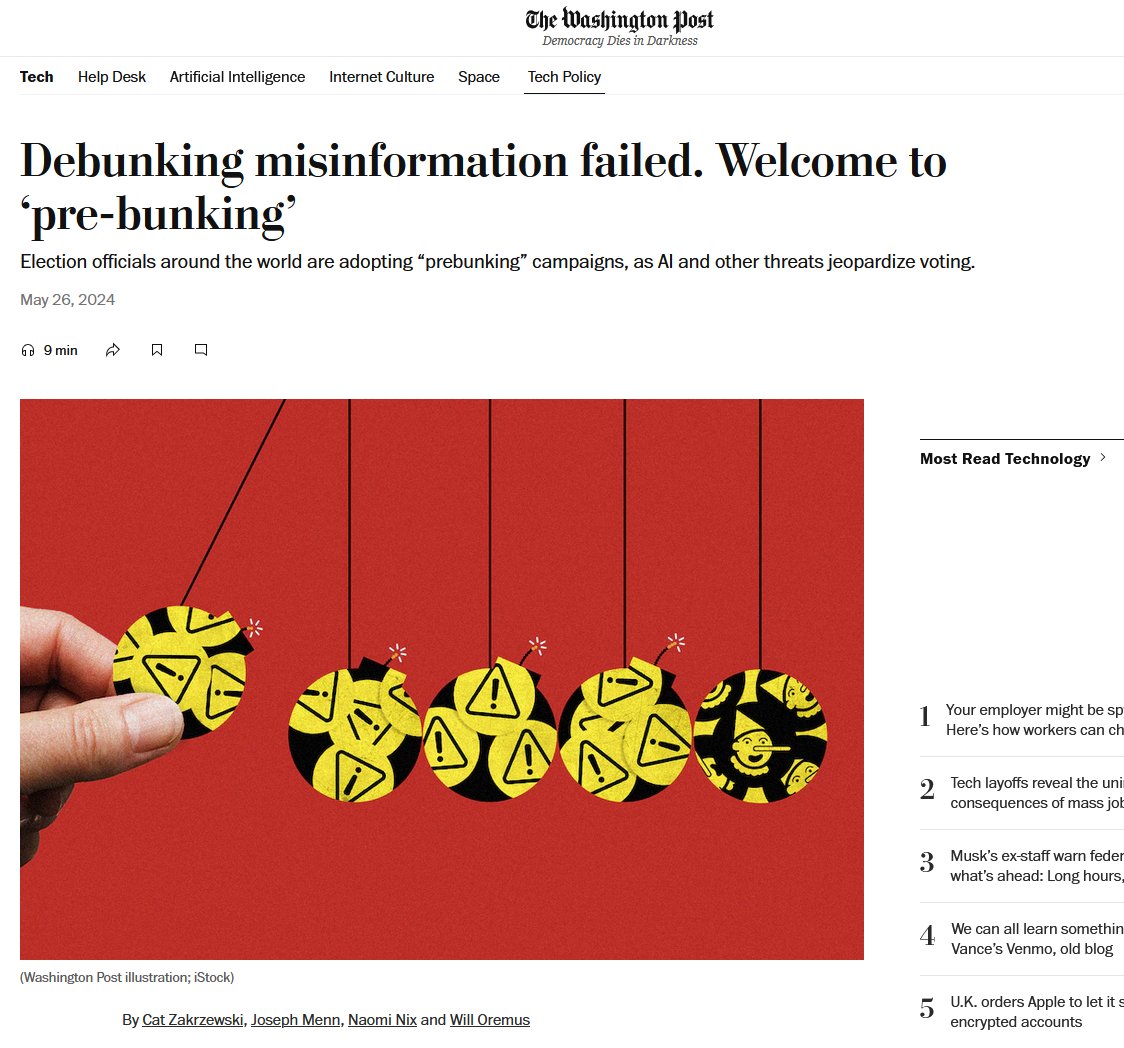
…and even the opportunity of temporarily closing down social media sites during elections should be discussed. This should be the last resort & the EU would get harshly criticized for this, but for example the US was ready to shut down TikTok due to security concerns.
16/24
16/24
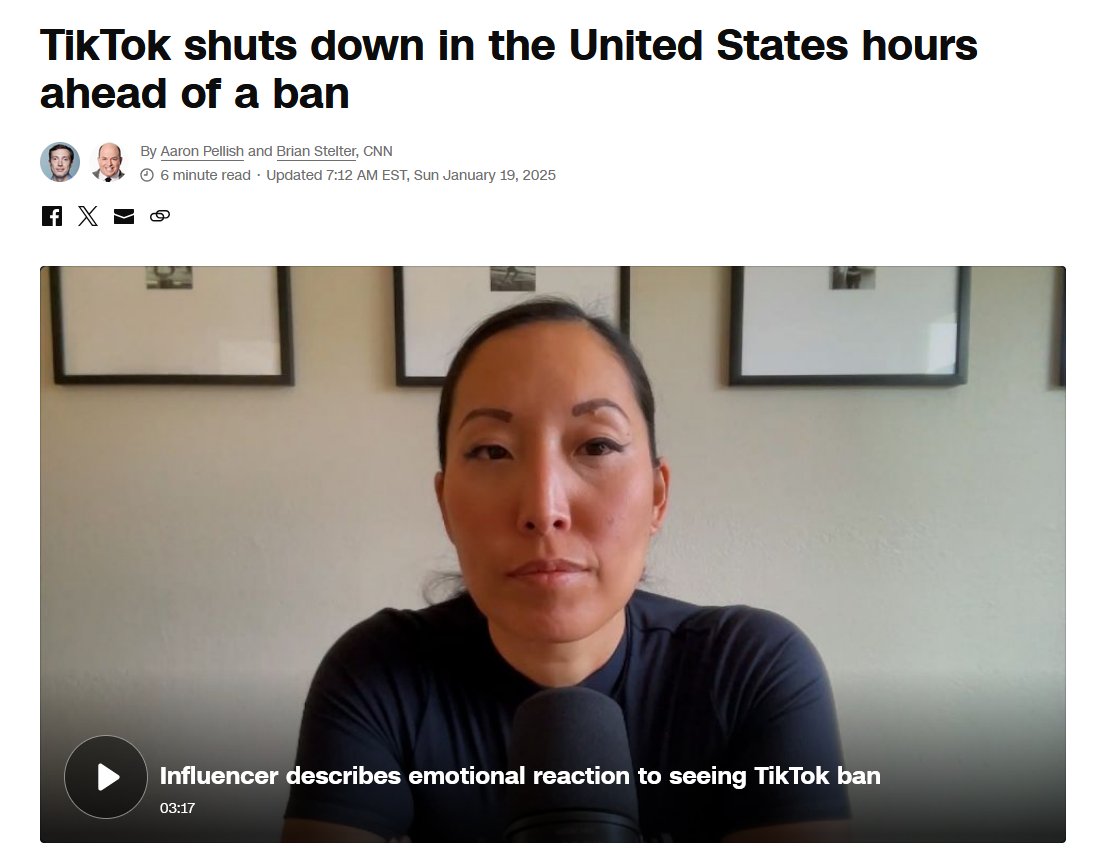
The power of social media over elections and politics shouldn’t be underestimated. Even America’s VP, JD Vance, suggested that US support for NATO could be withdrawn if the EU tries to regulate Elon’s X. The US wants to maintain its influence over the EU.
17/24
17/24
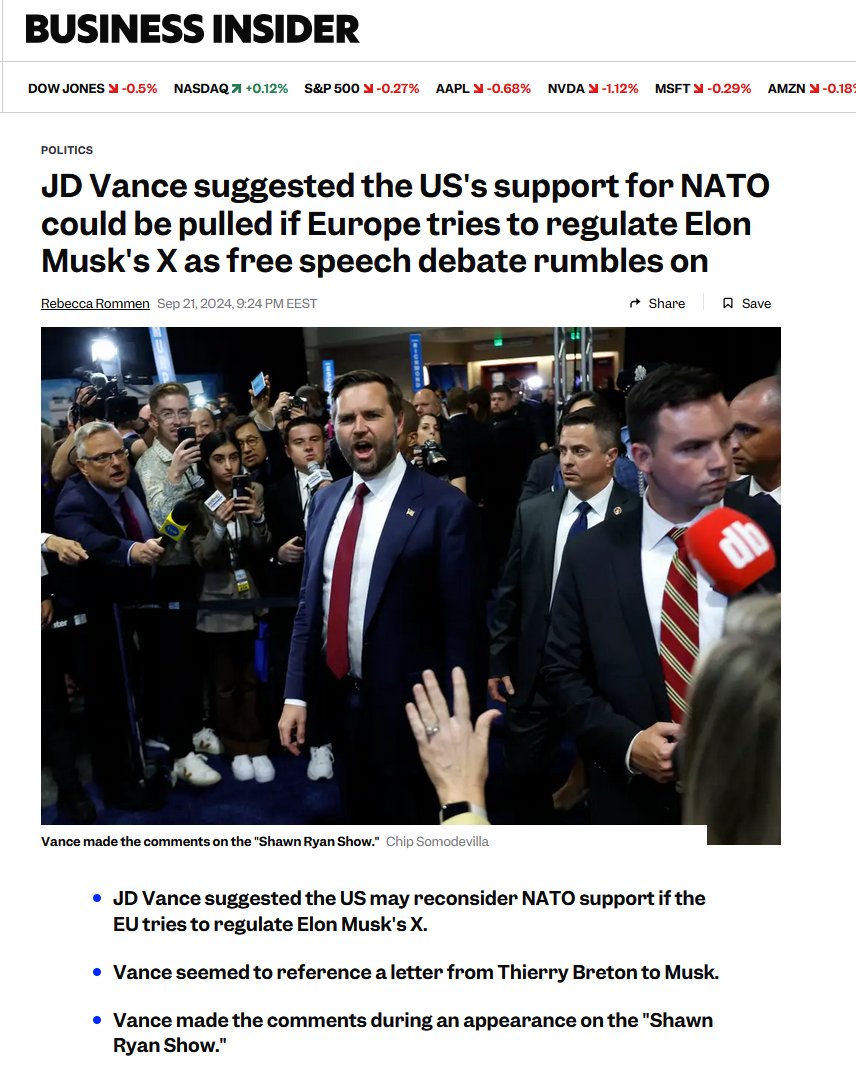
Pre-bunking (which Vatnik Soup essentially is) has been shown to be an effective way of fighting online bullshit, but the problem with this is the limited scope - these reports reach only a small portion of the population as they’re mostly shared by outlets with no reach.
18/24
18/24
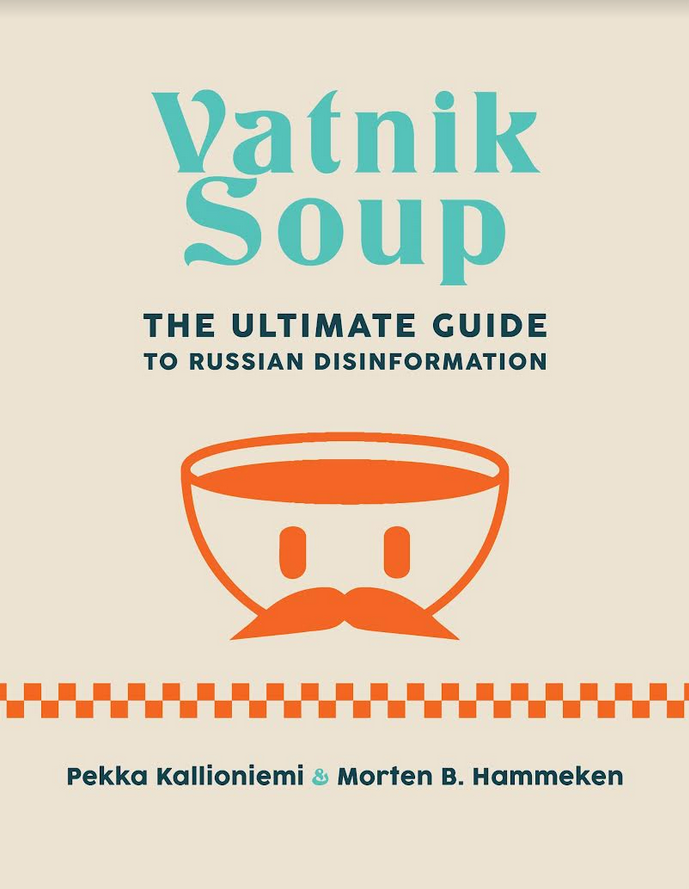
Exposing influence networks & potentially disabling them is another effective way to fight online disinformation, but for this you need effective tools that are preferably from the EU. Unfortunately, the best AI-powered analysis tools, like Blackbird AI, come from the US.
19/24
19/24

The EU should also fund the civil society and initiatives that focus on local influence campaigns. These were mostly funded by the now dysfunctional USAID, and the EU should step up to restart these extremely important programs in Georgia, Ukraine, Moldova, etc.
20/24
20/24

There should also be support for integrating the topics of media literacy and critical thinking into school curriculum. This strategy has been extremely effective in Finland, where Russian disinformation and propaganda has barely any effect on the local population.
21/24
21/24

As Macron recently stated at the AI summit held in Paris, Europe needs more research and investment in AI. Compared to AI giants like the US and China, the EU is far behind in the AI arms race and there should be incentives for companies to stay and operate in the EU.
22/24
22/24

But the bottom line is, the European Union needs to spend much more money on fighting the information war. Right now, Russia might be preparing an invasion against the EU and NATO, and information war always precedes conventional war.
We can’t rely on the US anymore.
23/24
We can’t rely on the US anymore.
23/24
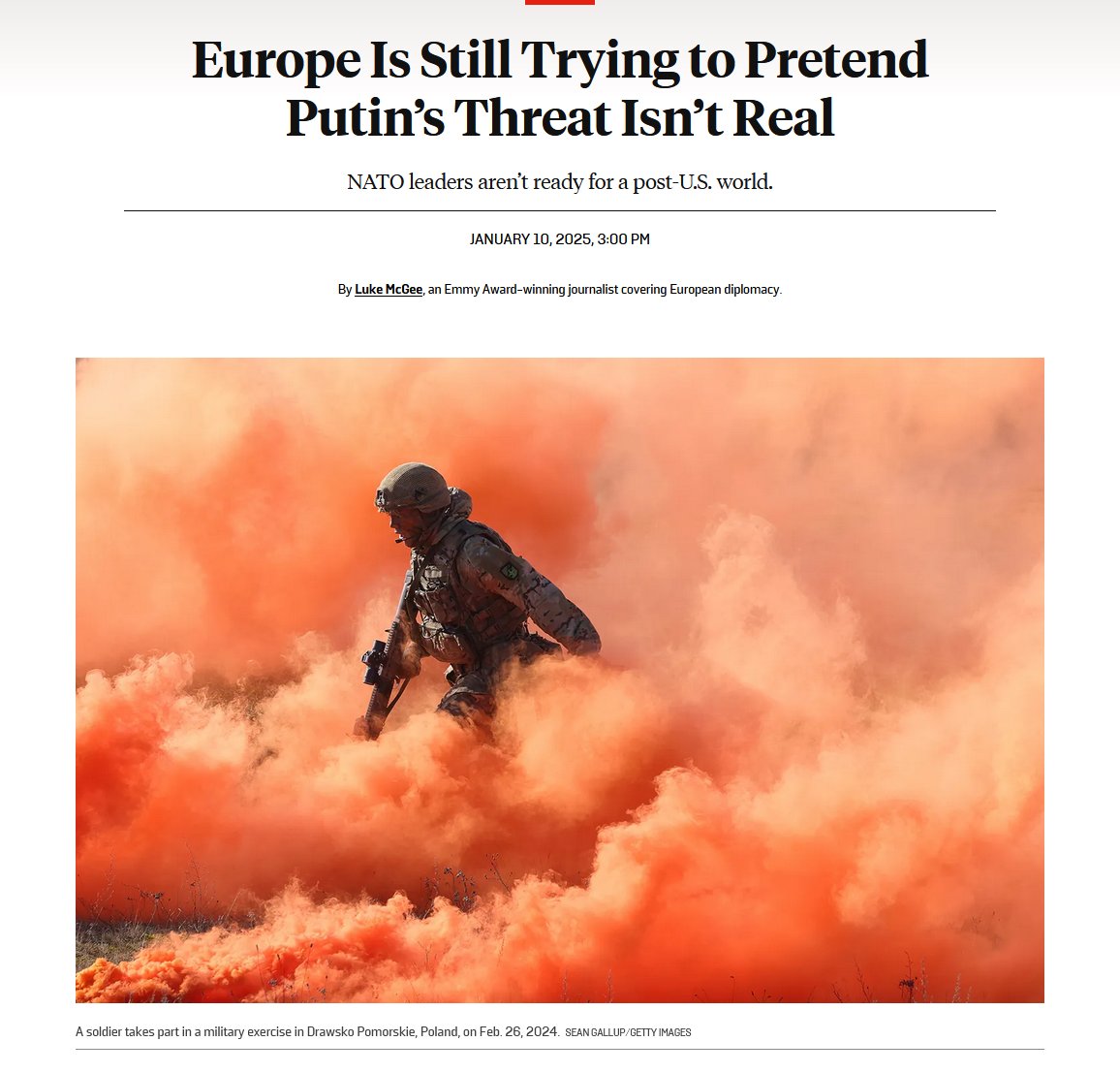
A lot of this also applies to our close allies in the UK and Canada.
Oh, and start building up those nukes.
24/24
Oh, and start building up those nukes.
24/24

You can now pre-order the 2nd edition of “Vatnik Soup — The Ultimate Guide to Russian Disinformation”! This updated version, featuring pre-order extras, will be released on the 15th of February 2025.
Pre-order your copy here:
kleart.eu/webshop/p/vatn…
Pre-order your copy here:
kleart.eu/webshop/p/vatn…
• • •
Missing some Tweet in this thread? You can try to
force a refresh



